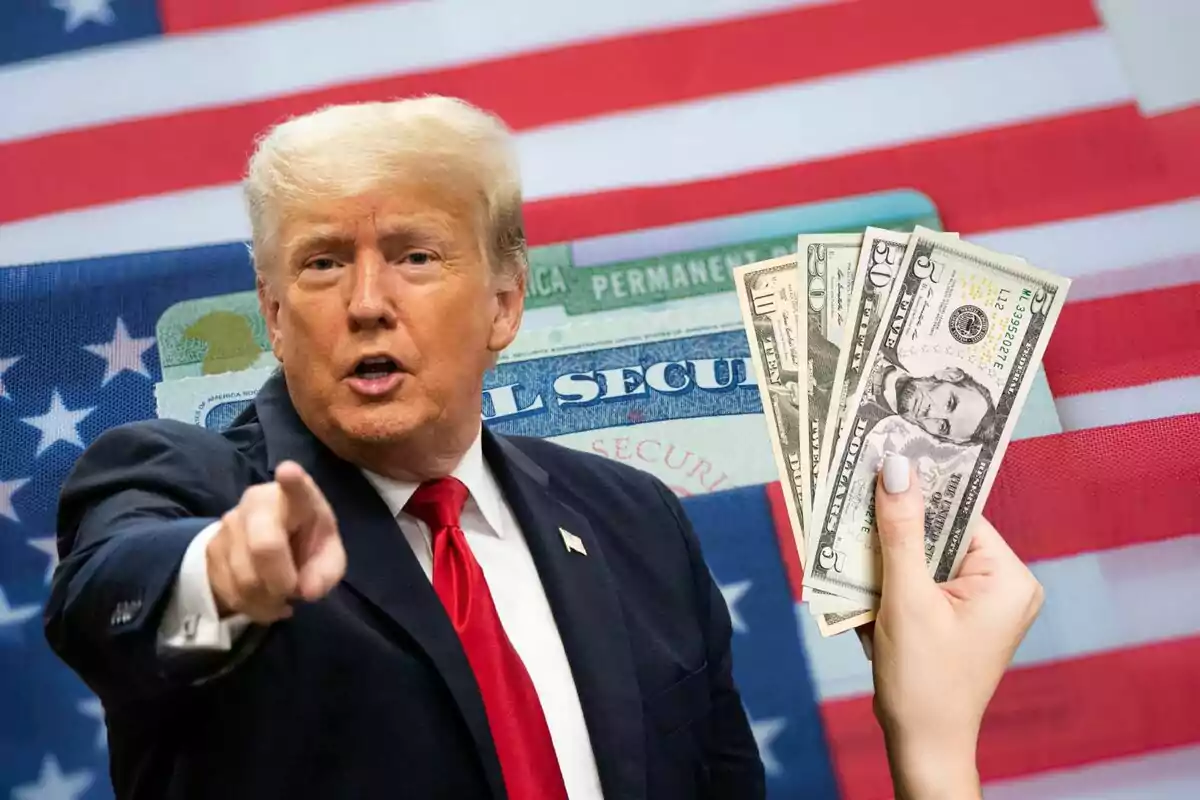The United States is making a major shift in its immigration policy for tourists and business visitors. A new pilot program has just started and, for certain countries, they'll require bonds that can reach up to $15,000. What is this change about?
What is the visa bond program?
The United States Department of State launched a pilot program that will last one year. The idea is that some visitors applying for a B-1 or B-2 visa (for business or tourism) will have to pay a bond. This bond ranges between $5,000, $10,000, and up to $15,000, depending on the case.
The official goal is to control those who stay longer than allowed in the country. Thus, the bond acts as a "guarantor": if the traveler complies with the visa and leaves on time, they'll get their money back. If they stay longer, they'll lose the bond and also the possibility of renewing or obtaining another visa in the future.

Who does this measure affect?
For now, only Malawi and Zambia, two African countries, are officially included in this measure. These countries aren't economic powers and one of them, Malawi, is among the poorest in Africa.
There are rumors that other African and Asian countries could soon be added, such as Chad, Eritrea, Haiti, Myanmar, and Yemen, among others. Notably, none of these countries are European or have a white majority, which has raised some criticism about the selectivity of the measure.
How does the bond work and what does it involve?
Consulates will set the amount to be paid, but by default it's at least $10,000 per adult and $5,000 per child. Payment is made through an official system called Pay.gov, using a special form.
It's important to clarify that paying this bond doesn't guarantee that you'll be granted the visa or that you'll be able to enter the United States. If someone doesn't comply with the rules, they'll lose the bond and could be denied access to future trips.
In addition, affected travelers will only be able to enter through certain airports, such as JFK in New York or Dulles in Washington. Even if their visa allows for a longer stay, they'll only be permitted a maximum stay of 30 days.
What do experts say?
Erik Hansen, senior vice president of the United States Travel Association, expressed a major concern:
"If this fee is implemented, the United States will have one of the highest visitor visa fees in the world, if not the highest. This could affect the United States's competitiveness in the global tourism market."
Hansen points out that, although national security is a priority, it's also key to value the economic impact that international tourism has for the country.

